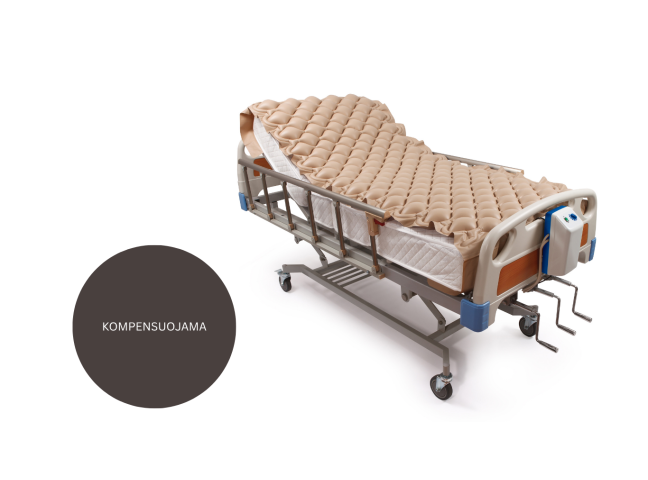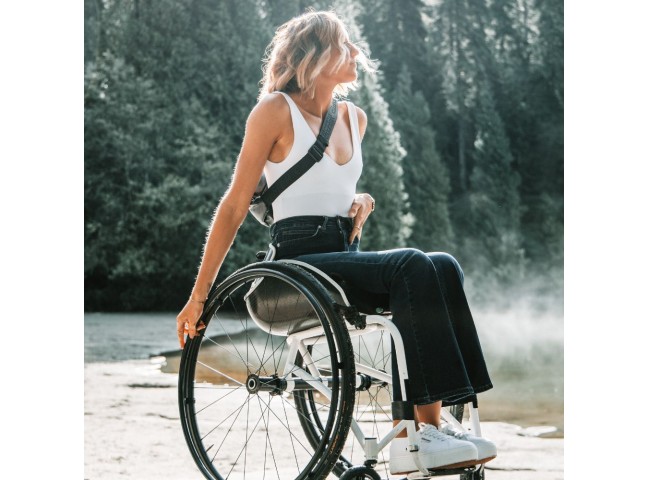How are essential oils extracted?
Essential oils are extracted through various methods, with distillation being one of the primary methods of extraction.
Steam distillation of essential oils
One of the extraction processes is distillation, which is one of the main methods of extracting essential oils.
- Plant material is placed in a distillation apparatus above boiling water.
- Steam extracts the oils from the plant.
- The steam rises and is pushed through a tube into the desired container.
- After cooling, the steam condenses back into water.
- After distillation, the remaining water (depending on the oil) becomes a hydrosol – a product created from plants containing water-soluble aromatic compounds.
Cold pressing of essential oils
Another extraction method is cold pressing, typically used for whole fruits. Citrus oils or luxuriously scented bergamot oils are obtained using this method. Cold-pressed oils are fragrant and vivid.
- Fruits are thoroughly washed.
- Fruits are placed in a container where they are punctured with spikes, picks, or other methods to release the oils onto the surface.
- Water is sprayed onto the fruits and mixed with the essential oil.
- The essential oil is collected and separated from the water.
Essential oils for beginners
While there are many essential oils, every aromatherapy enthusiast or health-conscious person should have the following basic essential oils:
- Frankincense Essential Oil: Boswellia (Boswellia carteri) oil
- Lavender Essential Oil: True lavender (Lavandula angustifolia) oil
- Lemon Essential Oil: Lemon (Citrus limon) peel oil
- Peppermint Essential Oil: Peppermint (Mentha piperita) leaf oil
- Tea Tree Essential Oil: Tea tree (Melaleuca alternifolia) leaf oil
Ways to use essential oils
Essential oils are used not only directly at home but also in cosmetics, spa treatments, or even food. Essential oils are used for:
- Aromatherapy – diffused through a diffuser.
- Making aromatic sprays.
- Inhalation.
- Bath salts or bath bombs.
- Body oils, creams, or lotions.
- Hot and cold compresses.
- Various masks.
- Enhancing food (in the 20th century, the Food and Drug Administration recognized essential oils as safe).
- Protecting crops or indoor plants, controlling urban pests, and replacing conventional insect sprays.
So, buying a few bottles of essential oils shouldn't just mean diffusing them. You can use them in many ways, just like various herbs or fruits. Essential oil is a potent concentrate of a plant, so you need less of it.
Benefits of essential oils
The benefits of essential oils are undeniable – they are recognized by medical professionals. By delving into these fragrant oils stored in bottles, we understand that they are an answer and remedy to various problems, we just need to know how to use them. Essential oils address various issues we encounter in our daily lives:
- Relieves muscle tension. By gently massaging essential oil into the body, muscles are relaxed, and blood circulation is improved.
- Alleviates stress. Favorite scents bring us back to pleasant memories, affect our consciousness, relax our minds. We think less, feel more, thus relaxing and escaping stressors.
- Relieves headaches. Headaches can occur due to various reasons – from stress, poisoning to approaching menstruation or digestive issues. Properly selected oils significantly reduce this pain because essential oil penetrates our cells and directly affects them.
Safety of essential oils
Most essential oils are safe to use. However, there are a few precautions to consider before using them. Essential oil can have side effects, so it's important to be aware and cautious.
Before using essential oils:
- Do not apply essential oils directly to the skin.
- Always dilute oils with water or another base.
- Before using essential oils, perform a skin test.
- Avoid sunlight if using citrus essential oils. The skin can become more sensitive.
- Children and pregnant women should use them with extreme caution and avoid ingesting them.
The side effects of using essential oils may include:
- Rashes
- Asthma attacks
- Headaches
- Allergic reactions
- Skin irritation
- Nausea
These few safety rules are essential, but they are most relevant to those who use synthetic essential oils. If the essential oil is pure and natural, it usually won't have side effects. Remember to consult with aromatherapy experts and doctors before using essential oils.
Do you have any questions? If you have any questions, please contact the Rehastar.com online store staff by phone during business hours from 08:00 to 17:00 or by email anytime, and we will try to respond to you as soon as possible.
Email: info@rehastar.com
Phone: +370 626 11553






